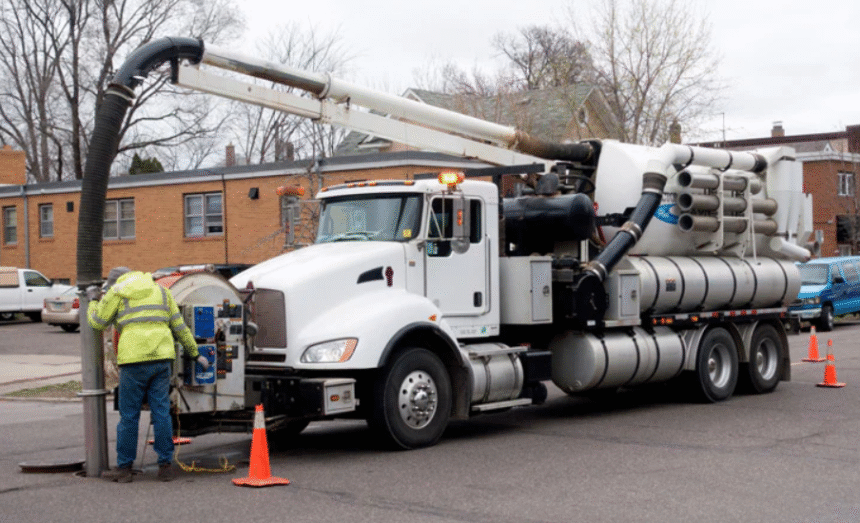When customizing a vacuum truck, businesses must focus on specific factors to ensure the vehicle performs efficiently and meets operational needs. A well-designed vacuum truck can improve performance, increase efficiency, and handle a wide variety of tasks. This article covers key considerations in the customization process, from storage capacity to safety.
1. Truck Capacity and Size
Selecting the right capacity and size for a vacuum truck is essential to balance performance with operational requirements. A Custom Built Vacuum Truck should be adaptable to various tasks, taking into account its load and the working environment.
Determine Required Storage Volume
Storage volume is one of the most critical factors when customizing a vacuum truck. The tank’s size should match the nature of the work, ensuring the truck can handle the required amount of waste without making frequent trips for disposal. However, balancing storage capacity with the truck’s maneuverability is equally important.
Consider Payload Limits
The payload capacity determines how much weight the truck can carry without straining its system. Customizing the truck for optimal payload limits prevents damage to critical components and ensures safe operations. Ensuring the vehicle is capable of handling the intended workload will prolong its service life.
2. Engine Performance
Engine power is fundamental in determining how well a vacuum truck can handle its tasks. A customized vacuum truck must have an engine that matches its job demands, ensuring both efficiency and reliability.
Choose a Suitable Type of Engine
Choosing the right engine type ensures that the vacuum truck is capable of performing effectively in the field. Diesel engines are commonly chosen for their ability to provide more torque, making them ideal for larger, heavier-duty trucks. Electric or hybrid engines are also becoming popular for those looking to reduce fuel costs and environmental impact.
Match Power to Job Requirements
The engine must meet the specific needs of the tasks at hand. More demanding jobs, such as industrial cleaning or handling hazardous materials, will require stronger engines. Evaluating the power needed based on typical workloads helps businesses select the right engine for their truck.
3. Specialized Features and Attachments
Specialized features can enhance the functionality of a vacuum truck, making it suitable for a wider range of applications. These features help the vehicle perform its tasks efficiently and safely.
Customize Hose Length and Diameter
Vacuum hoses come in various lengths and diameters, and customizing these features allows the truck to access hard-to-reach areas. Longer hoses enable greater flexibility, while larger diameters facilitate faster waste removal. Customizing hoses ensures the truck can adapt to different job environments.
Integrate Safety Systems
Safety systems are essential for ensuring both operator and public safety. Adding monitoring systems can help track truck performance and alert operators to potential issues. Integrating features like emergency shut-off valves and pressure gauges adds an extra layer of protection.
4. Durability and Maintenance
Durability is important when customizing a vacuum truck to ensure the vehicle stands up to the rigors of heavy-duty work. A well-built truck will require fewer repairs and have a longer lifespan, saving on long-term costs.
Importance of Building for Longevity
When designing a vacuum truck, it’s important to focus on long-lasting materials that can withstand demanding tasks. This includes using corrosion-resistant tanks and components that can endure constant wear. Durability is key to reducing the need for frequent repairs and downtime.
Choose Materials for Durability
Selecting high-quality materials during the customization process ensures the truck can withstand harsh environments. Stainless steel is a popular choice for tanks due to its resistance to corrosion. Choosing the right materials minimizes wear and tear, extending the truck’s service life.
A Custom Built Vacuum Truck requires careful attention to factors like engine power, storage capacity, and safety features. A well-tailored truck will meet specific operational needs and offer long-term performance and durability. Proper customization ensures the vehicle performs efficiently while prioritizing safety and regulatory compliance.













